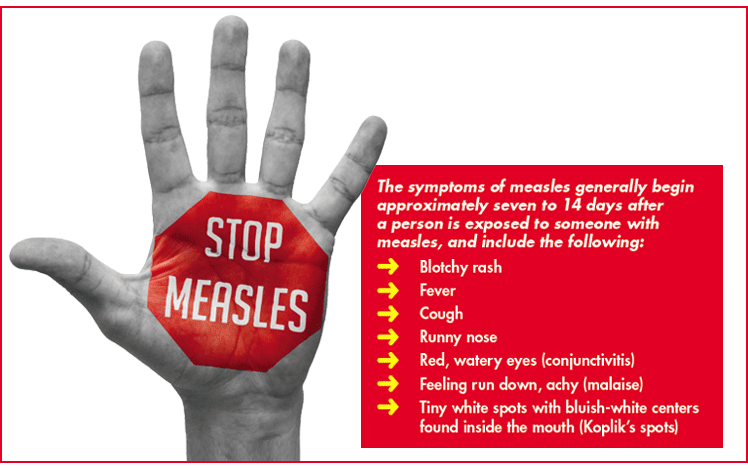
Health News
Features
-
Running with purpose
Participants in the City-to-City 5k and One Mile Fun Walk On your mark, get set, go! The runners were ready, the onlookers were excited, and the race was on. The Polk Training Center held its annual City-to-City 5K race and One Mile Fun Walk on Saturday, February 18. With check-in and registration starting at 7:15…
-
Eating wisely at work
Tips for increasing healthy food options Your work environment may be laden with temptation in the lunchroom and break room. Frequent office birthday parties, business lunches at swank restaurants, or staff meetings sweetened by coffee and donuts, can be peril for your waistline. But there are ways to eat wisely. “You’ve got to plan,” advises…
-
The holistic approach to weight loss
A method that gives hope Although most of us are aware that being overweight contributes to chronic diseases, we may also discover that diets do not work. Dieting can even exacerbate weight issues by slowing thyroid and metabolic function, leading to weight gain, or may make us prone to nutritional deficiencies that cause other unwanted…
Columns
-
Medical Advice: What you need to know about the measles
IT SEEMS AS THOUGH infectious illnesses have led the evening news for the last several weeks. Currently, the increase in the number of measles cases across the country is dominating the headlines. Fortunately, there are no confirmed cases of measles in Florida residents at this time. Since there is so much discussion on this topic,…
-
Healthy Cook: Love a food that loves you back
BUGGS BUNNY had it right. He ate carrots because he liked them. But even if he hated carrots and liked, oh … parsnips, or Brussels sprouts … he should have chomped on the long orange sticks anyway because they are healthy.
-
Pediatric Health: How sick is too sick for school?
With flu season in full swing, it can be hard to know if your child is too sick for school or just feeling slightly under the weather. Oftentimes, it can be tricky to decide whether your child should stay home or is well enough to attend school.


